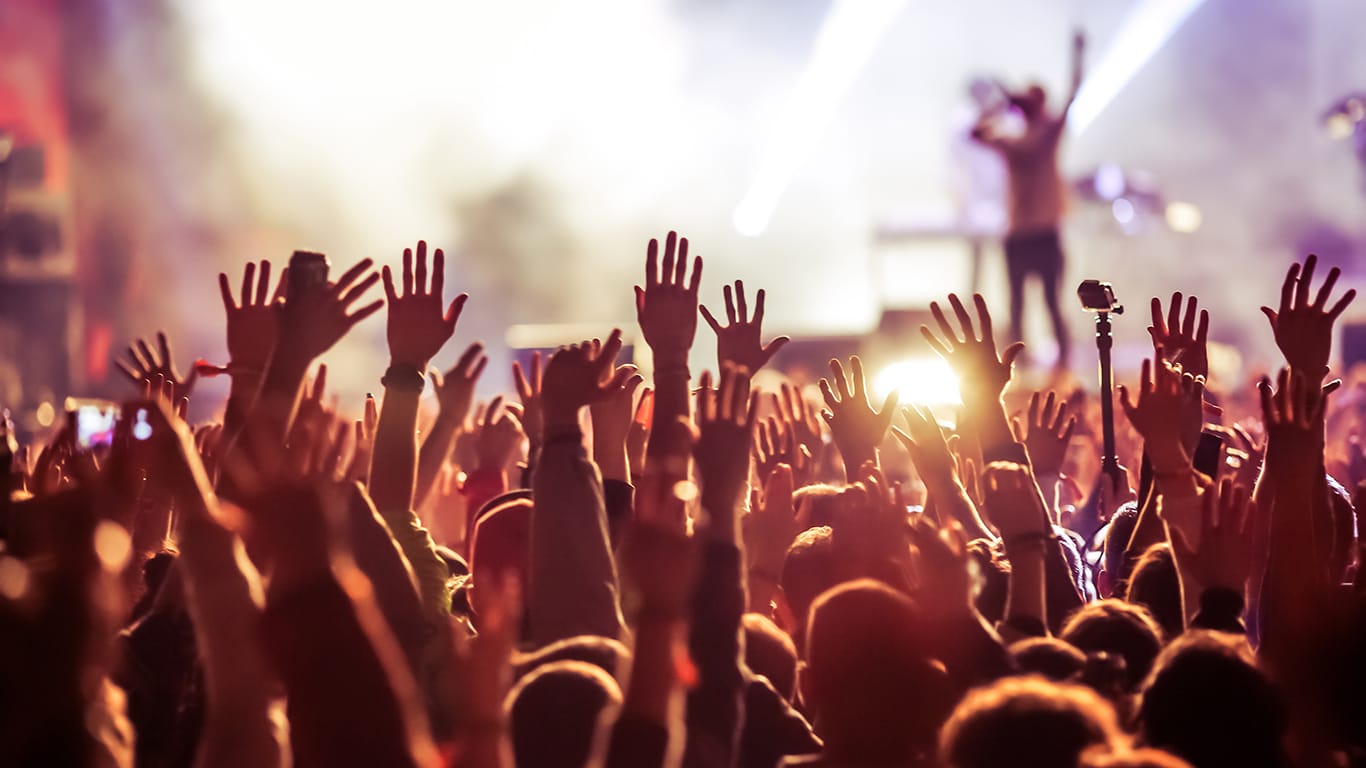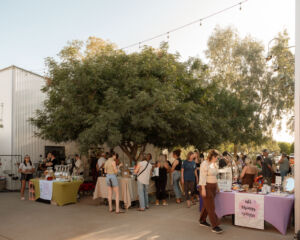Here’s how concerts were ruined for local Gen Z concertgoers in today’s economy — and why much of the blame was placed on other concertgoers and young profiteers
The national economy has been on a perpetual rollercoaster all year long. So why are people spending more than ever on concerts?
Could it be a lack of prioritization? Some form of retail therapy? Or just a lack of awareness?
LOCAL NEWS: Arizona cannabis industry turns 5: What’s next?
INDUSTRY INSIGHTS: Want more news like this? Get our free newsletter here
No matter the answer, it can be summed up primarily with one thing, according to Arizona State University assistant professor of finance Ives Machiz: lack of personal financial management education.
“Lack of financial literacy is pretty common among all age brackets,” Machiz said. “I think it may show more apparent in young people because typically, if you’re younger, you haven’t worked very long, so you have less resources. As you get older, you’re going to accumulate more resources and whatnot, so the errors or whatever might stand out, might stand out a little bit more.”
In terms of financial literacy, Gen Z ranks particularly low for a variety of reasons, but especially a lack of preparedness by the education system, according to Yahoo Finance. A 2024 report from the World Economic Forum shows that many adults of all generations lack financial literacy, which may lead to issues for future generations.
Furthermore, amidst a rocky national economy, entertainment prices show no signs of slowing down nationwide, according to the Federal Reserve Bank of St. Louis. Further statistics confirm that spending has gone up as well at a somewhat constant rate, save for the 2008 economic crisis and the 2020 COVID-19 pandemic.
Local Gen Z concertgoer Marcos Garza offers a reason why it affects other consumers at a local level: young local self-proclaimed concert promoters.
“There’s really good quality show promoters that just do their job and do what they need to do for themselves, for the band, for the venues and even for the people listening and coming to the show,” Garza said. “But then there’s these greedy little kids and ASU students who think it’s in their best interest to make a business and try to call themselves show promoters and take all the profit.”
This method, often called “scalping,” tends to exorbitantly increase ticket prices by large margins, with much of it going to the third-party seller. Kelsey Castellon, another Gen Z concertgoer, echoed similar complaints.
“The tickets can be so expensive and scalpers don’t make that any easier,” Castellon said. “I don’t know how much I pay for tickets, but I wouldn’t be surprised if they’re at least 60, 70, over $100 per concert if not more. And that’s for the ticket alone.”
Both agreed that even if they were in a position to afford to spend more on concerts, they likely would not and would rather work on personal financial management.
“In today’s society, you can just find all of the concert recorded later,” Castellon said. “And [spending] an exorbitant amount of money that can be used for savings or for other things is probably not a good idea.”
While merchandise can also be rather expensive, both respondents don’t find it to be as much of an issue and work around it by purchasing merchandise online. Both also agreed that the rising ticket prices ruined their overall experiences enough to go to concerts far less often.
“$60 tickets and $50 for merch?” Garza exclaimed. “I think that’s f***ing psychotic.”




